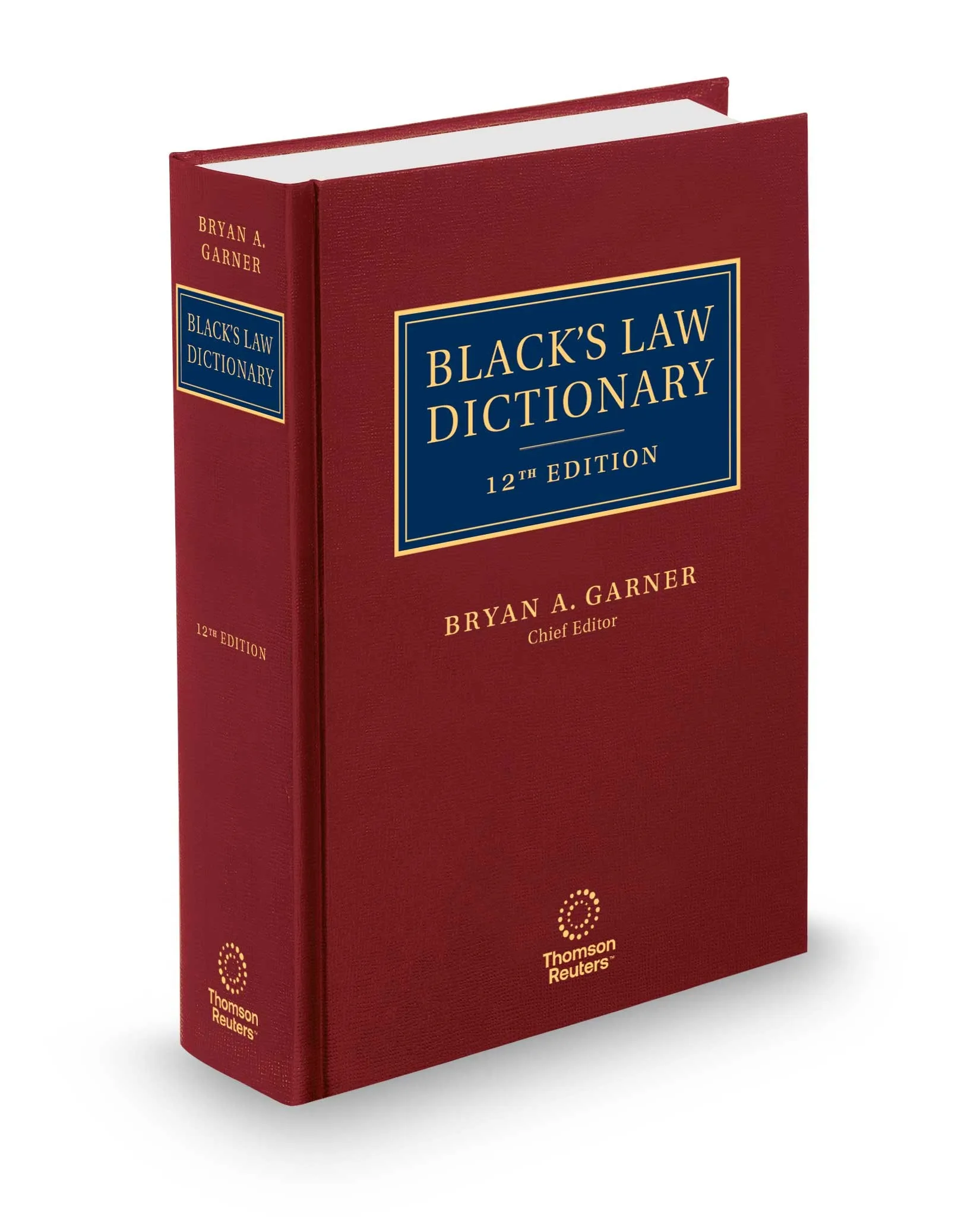Definition of evidence in criminal law, related terms, and research resources for legal professionals
Legal terms • criminal law • criminal law evidence
Evidence can come in several forms, including direct, circumstantial, physical, documentary, and expert. While each type of evidence is evaluated differently, all evidence must be legally admissible in court. criminal law.
Jump to ↓
| Types of evidence |
| Collection of evidence |
| Summary and related resources |

AI news and insights
Industry-leading insights, updates, and all things AI @ Thomson Reuters
Join community ↗Types of evidence
There are two major types of evidence used in establishing in criminal liability.
- Direct evidence — directly proves a fact. This type of evidence can include eyewitness testimony, video recordings, or confessions. It is considered the most reliable form of evidence and can be used to prove a defendant’s guilt or innocence.
- Circumstantial evidence — suggests a fact but does not directly prove it. This type of evidence relies on inference and logical reasoning to draw conclusions. For example, if a defendant is seen in an area where a crime occurred, this could be circumstantial evidence of their involvement.
Physical evidence is tangible items or substances used to prove a fact or link a defendant to a crime. Examples of physical evidence include weapons, fingerprints, DNA samples, or documents.
Documentary evidence is written or recorded materials that can be used in court. This type of evidence is used to prove a point, such as contracts, emails, or medical records.
Expert evidence is testimony or opinions offered by qualified experts in a specific field to help the court understand complex issues or scientific evidence. For example, a medical expert may be called to testify about a defendant’s mental state or physical condition.

Black’s Law Dictionary®
The world’s most cited and most used legal reference book.
Product overview ↗Collection of evidence
Admissibility of evidence
Evidence must be lawfully obtained and relevant to the case to be admissible in court. Criminal law case precedents also act as an important aspect in determining the admissibility of evidence in the court.
Collection and preservation of evidence
When collecting and preserving evidence, it is important to maintain the chain of custody. This means that the evidence must be handled properly and not be subject to contamination or alteration. Law enforcement officers must document each step of the process and properly label all evidence so it can be tracked.
Presentation of evidence
Evidence must be presented in a clear and organized manner for it to be useful. Attorneys must explain the relevance of the evidence to the court and present it in a way that is convincing and understandable. Arguments must be based on facts and legal precedents.
Summary and related resources
- Direct evidence directly proves a fact, while circumstantial evidence suggests a fact but requires inference.
- Physical evidence includes tangible items linking a defendant to a crime, while documentary evidence is written or recorded materials used to prove a point.
- Expert evidence is provided by qualified experts to help the court understand complex issues.
- Evidence must be lawfully obtained, relevant, and presented clearly to be admissible in court.
Related terms:

Practical Law
Expert how-to guidance, clear explanations of current law, and time-saving tools and templates to give you a better starting point
View all plans ↗






